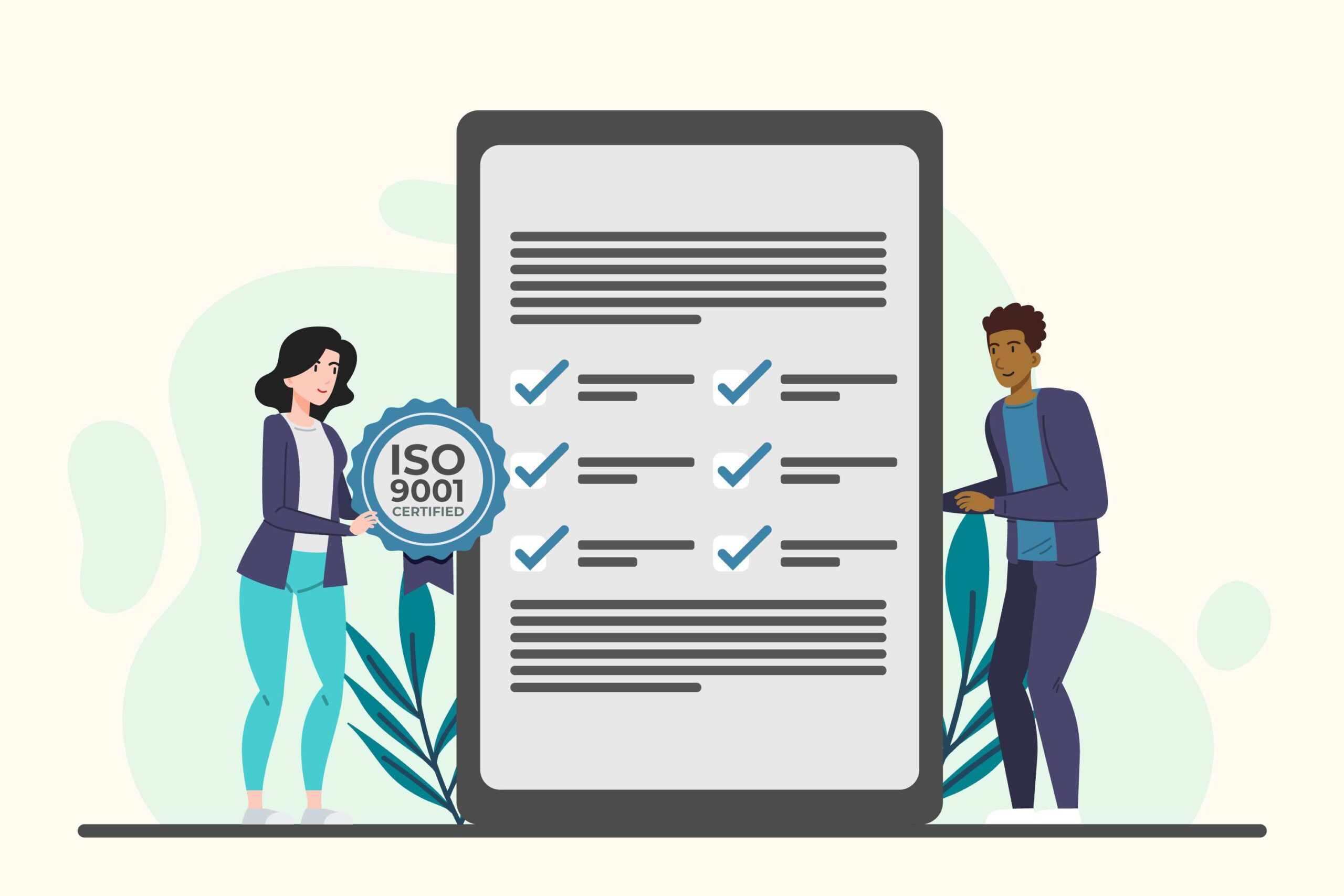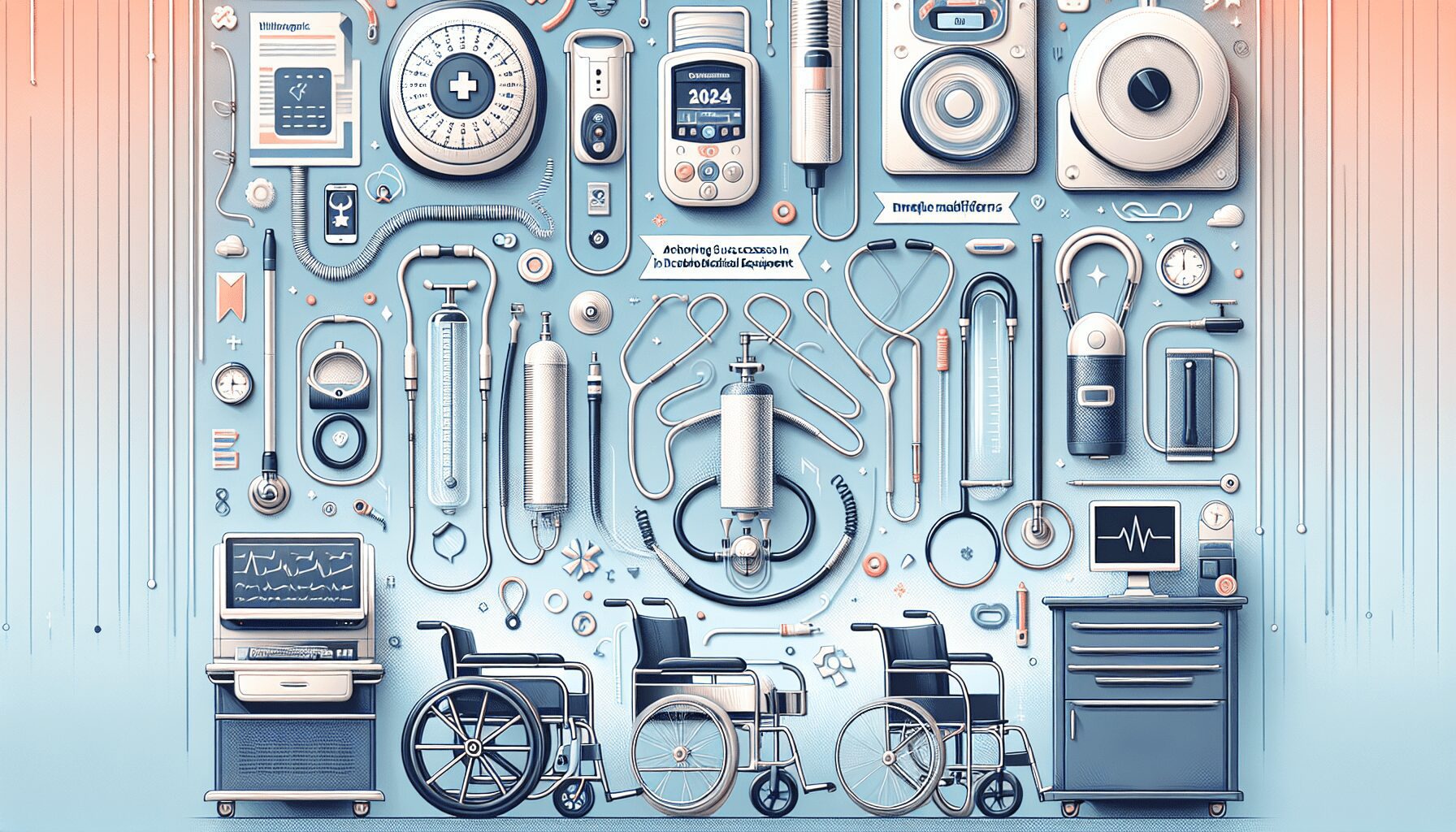
Unlocking Financial Growth: The Power of Clinical Documentation Improvement in Medical Billing

Table of contents
• Introduction
• Importance of Clinical Documentation Improvement
• The Role of CDI in Medical Billing
• Collaboration Between Medical Professionals and CDI Specialists
• The Advantages of Technology-Enabled CDI
• Conclusion
Introduction
In today’s ever-evolving healthcare landscape, clinical documentation improvement (CDI) is a crucial factor in ensuring the financial health of medical institutions. Accurate and comprehensive clinical documentation not only impacts effective patient care but also enhances healthcare data integrity and maximizes reimbursement. In this article, we will explore the significance of CDI in medical billing and how its implementation can unlock significant financial growth for healthcare organizations. So, let’s dive in!
Importance of Clinical Documentation Improvement
Maximizing Reimbursement
Accurate clinical documentation is key to ensuring appropriate reimbursement for medical services, treatments, and procedures provided to patients. CDI initiatives focus on enhancing the accuracy, completeness, and specificity of clinical documentation, which directly impacts medical coding and billing. Therefore, healthcare organizations need to embrace CDI initiatives to optimize their revenue cycle management and maximize reimbursement.
Improved Patient Care
Precise and comprehensive clinical documentation promotes better patient care by capturing a complete picture of a patient’s medical history, conditions, treatments, and outcomes. This comprehensive view enables healthcare providers to make informed decisions, tailor treatment plans, and coordinate care across different specialties and settings. Accurate clinical documentation helps reduce medical errors and enhances patient safety, ensuring better health outcomes for patients.
Enhanced Healthcare Data Integrity
Accurate clinical documentation is the foundation of reliable healthcare data. CDI initiatives focus on improving documentation practices to ensure that information is captured in a clear, concise, and consistent manner. High-quality data not only enhances patient care but also supports robust analytics, research, and population health management.
Collaboration Between Medical Professionals and CDI Specialists
The key to accurate clinical documentation is collaboration, which involves bringing together medical professionals and CDI specialists. The partnership between these professionals ensures that health data is accurately documented and coded, which enhances the quality of clinical records. By leveraging medical expertise, CDI specialists can clarify medical terminology, ensuring that clinical details are accurately captured and documented. This collaboration also helps guarantee that the documentation is comprehensive, leaving no detail behind. The specialists work with medical professionals to identify any gaps in documentation and ensure that all critical components are accurately recorded.
Through this collaboration, CDI specialists can ensure that clinical documentation accurately captures the intricacies of medical conditions, treatments, and outcomes. This ensures that patients receive the best possible care. Additionally, CDI specialists can collaborate with medical professionals to identify any areas for improvement in their records, which can lead to improved clinical outcomes. By working together, medical professionals and CDI specialists support best practices in clinical documentation, improving the accuracy of healthcare data.
One of the significant advantages of this collaboration is that it promotes accuracy and completeness of documentation, which is critical in ensuring compliance and reducing legal risks. The collaboration between medical professionals and CDI specialists guarantees that clinical documentation matches the medical treatment provided, reducing the risk of liability for healthcare organizations.
Another advantage of this collaboration is that it helps healthcare organizations streamline processes and reduce costs. When documentation is accurate, healthcare providers avoid medical errors and delays, which can lead to additional expenses. Medical professionals and CDI specialists work together to minimize these issues, ensuring that patient care remains as affordable as possible.
Overall, the collaboration between medical professionals and CDI specialists is critical in ensuring accurate, detailed, and comprehensive clinical documentation. By working together, these professionals can identify areas for improvement and promote best practices, driving overall improvement in patient outcomes and healthcare data integrity.
The Advantages of Technology-Enabled CDI
Technology is revolutionizing the healthcare industry, and Clinical Documentation Improvement (CDI) is no exception. Technology-enabled CDI processes offer several benefits to healthcare providers, including a streamlined workflow, real-time optimization, improved efficiency, and accuracy.
Streamlined Workflows
Technology streamlines CDI workflows, allowing healthcare providers to improve patient care while focusing on core competencies. Automated documentation processes reduce clinician administrative tasks, enabling them to dedicate more time to patient care.
Real-Time Optimization
Real-time documentation optimization ensures that documentation is accurate, complete, and specific, providing a comprehensive view of a patient’s medical history. Advanced algorithms enable faster processing and more accurate identification of documentation gaps, ensuring that healthcare providers receive timely feedback to improve their documentation.
Improved Efficiency and Accuracy
By leveraging technology-enabled CDI, healthcare providers can minimize the risk of errors, ensuring that documentation accurately captures all of the information necessary to drive robust analytics, research, and population health management. The result is more precise coding, reduced claim denials, and improved revenue cycle management.
Conclusion:
In today’s healthcare landscape, CDI has become an essential practice, improving patient care, enhancing data integrity, and boosting financial growth. To stay ahead in the game, medical institutions must recognize the importance of CDI initiatives and leverage technology solutions to drive efficiency and effectiveness. With collaboration between medical professionals and CDI specialists, facilities can ensure accurate documentation, reduce claim denials, and improve revenue cycle management. Technology-enabled CDI streamlines workflows, optimizes real-time documentation, and drives improved efficiency and accuracy. In conclusion, by embracing CDI, healthcare organizations can unlock financial growth potential, deliver exceptional patient care, and position themselves for long-term success. Contact Wenour Healthcare Solutions today to learn more about our medical billing capabilities and how we can help maximize your revenue cycle.























